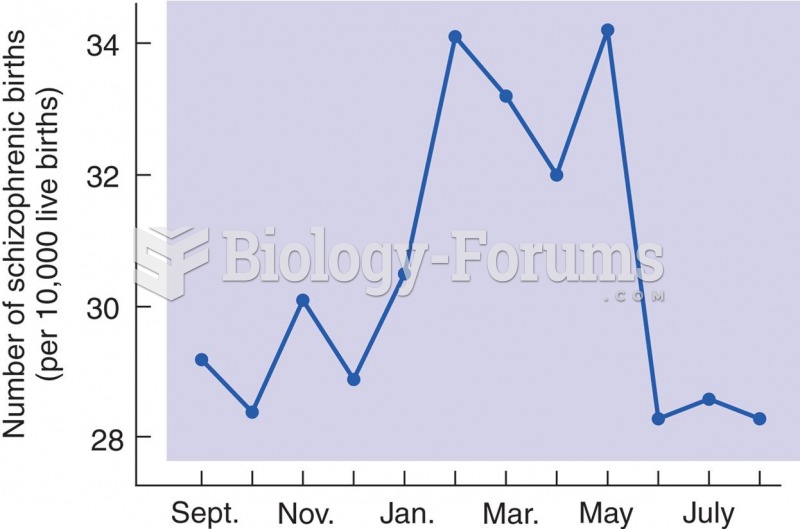Answer to Question 1
Correct Answer: 1
Rationale 1: Adverse effects of ACE inhibitors are usually minor and include a persistent cough, particularly following the first few doses of the drug.
Rationale 2: Orthostatic hypotension, not rebound hypertension, is expected particularly following the first few doses of the drug.
Rationale 3: There is no indication that the client has any risk factors for hyperkalemia such as diabetes, renal impairment, or therapy with potassium-sparing diuretics.
Rationale 4: Hyperglycemia is not an adverse effect associated with ACE inhibitors.
Global Rationale: Adverse effects of ACE inhibitors are usually minor and include a persistent cough, particularly following the first few doses of the drug. Orthostatic hypotension, not rebound hypertension, is expected particularly following the first few doses of the drug. There is no indication that the client has any risk factors for hyperkalemia such as diabetes, renal impairment, or therapy with potassium-sparing diuretics. Hyperglycemia is not an adverse effect associated with ACE inhibitors.
Answer to Question 2
Correct Answer: 2
Rationale 1: There is no correlation between increased stress, diarrhea, and beta-adrenergic blockers.
Rationale 2: With increased doses, beta-adrenergic blockers can slow the heart rate and cause bronchoconstriction . They should be used with caution in clients with asthma.
Rationale 3: Beta-adrenergic blockers do not affect migraine headaches.
Rationale 4: Having a father who died of a heart attack when he was young is significant, but has no correlation to the use of beta-adrenergic blockers in this client.
Global Rationale: With increased doses, beta-adrenergic blockers can slow the heart rate and cause bronchoconstriction . They should be used with caution in clients with asthma. There is no correlation between increased stress, diarrhea, and beta-adrenergic blockers. Beta-adrenergic blockers do not affect migraine headaches. Having a father who died of a heart attack when he was young is significant, but has no correlation to the use of beta-adrenergic blockers in this client.







